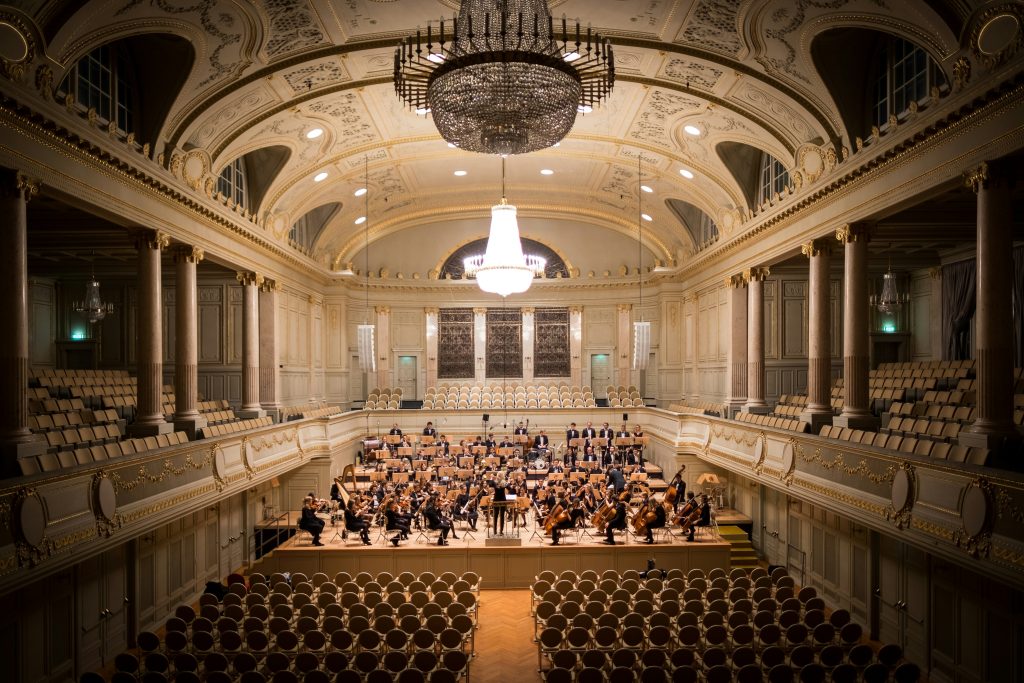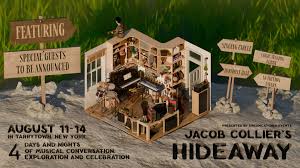The Harmonics Institute approaches creative practice as a primary context for exploring harmonic intelligence in action. We study music as a domain where cognitive, sensory, and motor functions converge through resonant processes. In this framework, creativity emerges through mind-body integration, with harmonic coherence serving as the organizing principle. Musical engagement becomes a way to access and stabilize states of attentional and perceptual alignment, fostering creative synergy.
Our pedagogical research focuses on developing music education systems grounded in harmonic perception and interaction. We design tools and methods that train learners to recognize, generate, and modulate harmonic relationships in real time. These systems emphasize iterative learning, internal feedback, and structural awareness, providing students with skills that generalize across styles and disciplines. Rather than emphasizing content acquisition, we cultivate sensitivity to pattern and form through lived experience.
We extend this work to include the study of creative and meta-creative processes—those generative acts that involve shaping not only artistic output but experiential, behavioral, or cognitive conditions. Manifestation, within this framework, refers to the intentional modulation of attention and environment to bring forth coherent outcomes. We investigate these dynamics as recursive systems of transformation, where internal resonance influences external structure. This approach links harmonic practice to broader domains of generative orientation.
Our research includes multi-modal exploration across visual arts, movement, language, and design. We examine how harmonic patterns translate across modalities and how coherence in one domain can support or catalyze insight in another. By mapping cross-disciplinary continuities, we reveal shared dynamics that support translatable frameworks for creative development.
Creative practice functions in our work as both an expression and a mode of research. Through direct engagement with harmonic systems, artists and practitioners reveal the boundaries, affordances, and potentials of the models we develop. The Harmonics Institute supports this recursive dialogue between theory and practice, advancing a method of inquiry grounded in clarity, embodiment, and generative feedback.






